Seagrass Marble
 Turkey
(Safranbolu- Yağlıca Köyü, Eflani, Karabük)
Turkey
(Safranbolu- Yağlıca Köyü, Eflani, Karabük)
Seagrass Marble is a captivating and unique natural stone celebrated for its earthy and serene appearance. Quarried in Safranbolu-Yaglica Village, Eflani, Karabuk, Turkey, this marble variety showcases a range of distinctive features:
Color Palette: The primary characteristic of Seagrass Marble is its earthy and calming color palette. It ranges from soft earth grey to subtle sage green tones. This natural blend of colors gives the marble a tranquil and organic quality, making it well-suited for interior design.
Fossilized Sediment: What sets Seagrass Marble apart is its visible fossilized sedimentary features. These fossils, often resembling intricate patterns or natural imprints, are embedded within the stone's surface. They tell the geological story of the stone's formation and add a layer of intrigue to its visual appeal.
Natural Variation: Like many natural marbles, Seagrass Marble displays inherent variation in color and fossil patterns. Each slab possesses a unique combination of hues and fossilized elements, ensuring that no two installations are identical.
Versatility: Seagrass Marble is a versatile material suitable for various interior applications. It is commonly used for flooring, wall cladding, bathroom vanities, fireplace surrounds, and decorative accents. Its serene colors and distinctive fossils can add an element of nature to interior spaces.
Turkish Origin: Sourced from quarries in Safranbolu-Yaglica Village, Eflani, Karabuk, Turkey, Seagrass Marble reflects the country's rich geological heritage and craftsmanship in the stone industry.
Serenity and Tranquility: The earthy tones and visible fossils of Seagrass Marble evoke a sense of tranquility and connection to nature. It is often chosen for spaces where a calming and natural ambiance is desired.
Decorative Impact: The unique combination of colors and visible fossils make Seagrass Marble an appealing choice for designers and architects looking to create visually captivating and aesthetically pleasing interiors.
Incorporating Seagrass Marble into interior design can bring the beauty of nature indoors. Its serene color palette and fascinating fossils add a touch of tranquility and sophistication to spaces. Its versatility and unique visual appeal contribute to its popularity among those seeking a marble variety that combines natural beauty with distinctive character.

Can Turkey's Seagrass Marble be used exterior applications in very humid climates?

Can Turkey's Seagrass Marble be used in a kitchen?

How thick is Turkey's Seagrass Marble slabs?

What is the average hardness of Turkey's Seagrass Marble?

What is the coefficient of friction of Chiseled Turkey's Seagrass Marble tiles?

Are there color variations of Turkey's Seagrass Marble?

Is Turkey's Seagrass Marble an expensive stone?

What grade is Turkey's Seagrass Marble?

Can Turkey's Seagrass Marble be used in landscaping?

Can Turkey's Seagrass Marble be used outdoors?
-

-

Xiamen Fancies Industrial Co., Ltd
 China
China
 1YRDiamond members are premium members on platform, providing members with comprehensive approach to promoting their products, increasing products exposure and investment return to maximize.
1YRDiamond members are premium members on platform, providing members with comprehensive approach to promoting their products, increasing products exposure and investment return to maximize.
 Verified Supplier is for prove company authenticity,including business license,trade license and effective office space,to enhance buyers' trust to suppliers and their products, reducing communication costs.
Verified Supplier is for prove company authenticity,including business license,trade license and effective office space,to enhance buyers' trust to suppliers and their products, reducing communication costs.
Contact Supplier
-

 China
China
 4YRDiamond members are premium members on platform, providing members with comprehensive approach to promoting their products, increasing products exposure and investment return to maximize.
4YRDiamond members are premium members on platform, providing members with comprehensive approach to promoting their products, increasing products exposure and investment return to maximize.
 Verified Supplier is for prove company authenticity,including business license,trade license and effective office space,to enhance buyers' trust to suppliers and their products, reducing communication costs.
Verified Supplier is for prove company authenticity,including business license,trade license and effective office space,to enhance buyers' trust to suppliers and their products, reducing communication costs.
Contact Supplier
-

-

-

-

Xiamen Asian Stone Imp.& Exp. Co.,Ltd.
 China
China
 13YRDiamond members are premium members on platform, providing members with comprehensive approach to promoting their products, increasing products exposure and investment return to maximize.
13YRDiamond members are premium members on platform, providing members with comprehensive approach to promoting their products, increasing products exposure and investment return to maximize.
 Verified Supplier is for prove company authenticity,including business license,trade license and effective office space,to enhance buyers' trust to suppliers and their products, reducing communication costs.
Verified Supplier is for prove company authenticity,including business license,trade license and effective office space,to enhance buyers' trust to suppliers and their products, reducing communication costs.
Contact Supplier
-

Xiamen Panel Import & Export Co., Ltd.
 China
China
 Verified Supplier is for prove company authenticity,including business license,trade license and effective office space,to enhance buyers' trust to suppliers and their products, reducing communication costs.
Verified Supplier is for prove company authenticity,including business license,trade license and effective office space,to enhance buyers' trust to suppliers and their products, reducing communication costs.
Contact Supplier
-

The request includes: 1. surface finished, size 2. quantity required






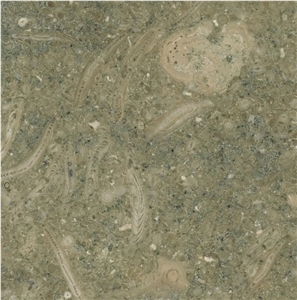
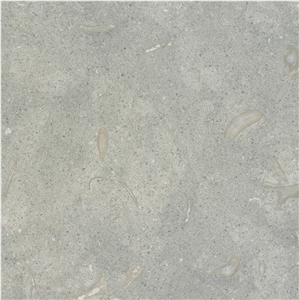
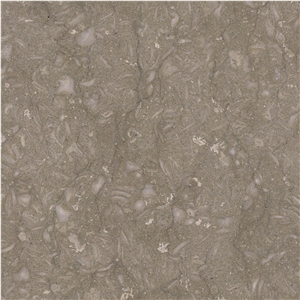
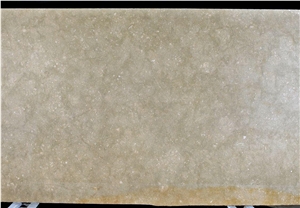
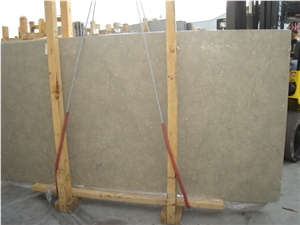
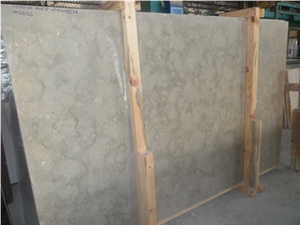
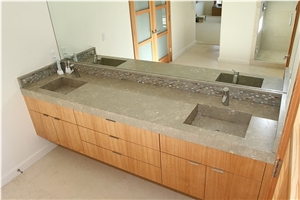
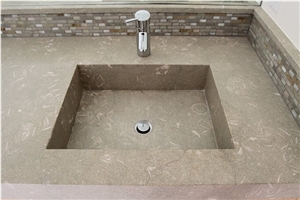
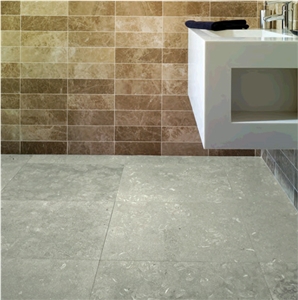
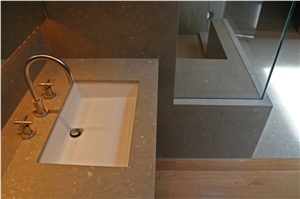
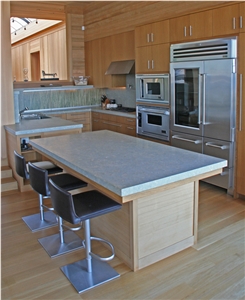
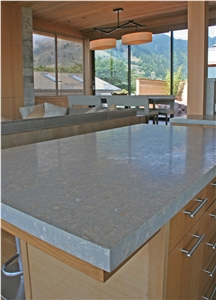
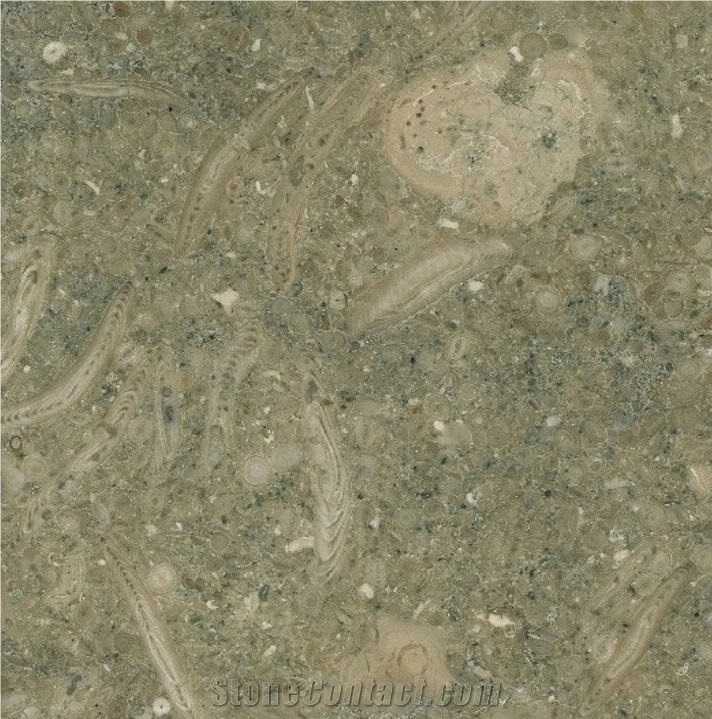
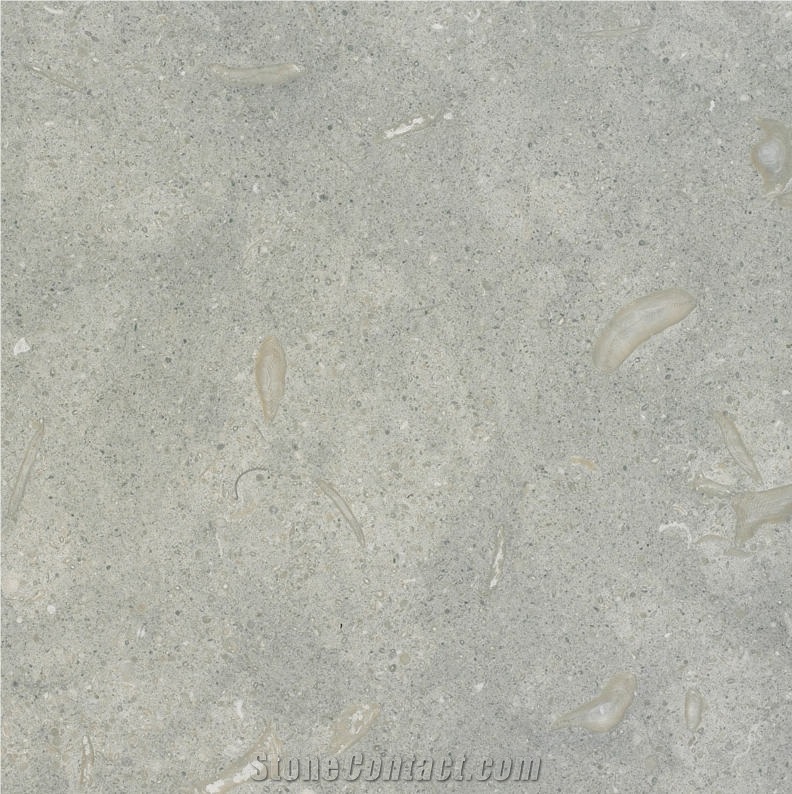
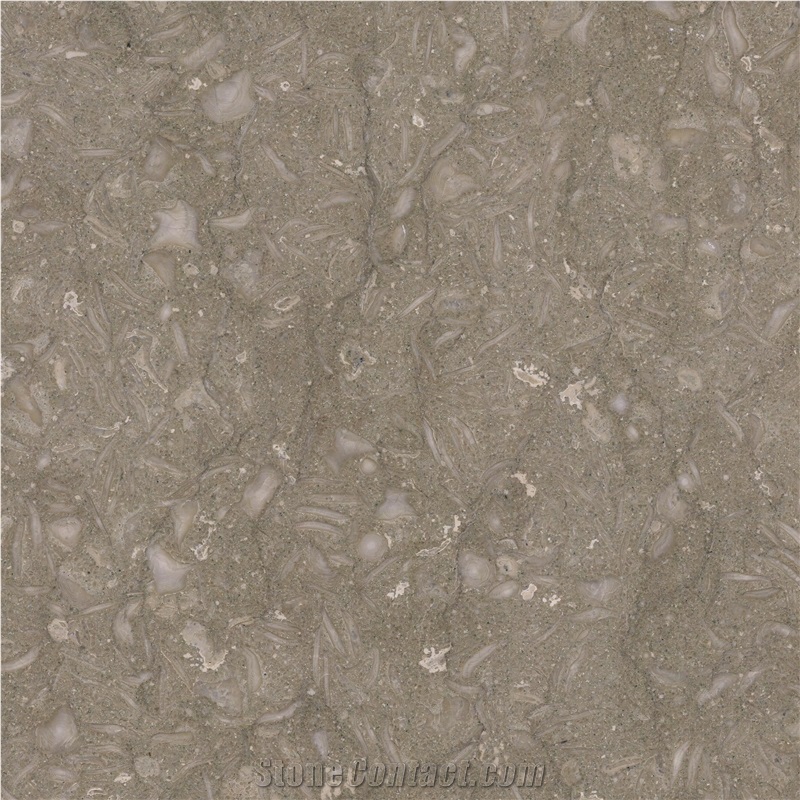
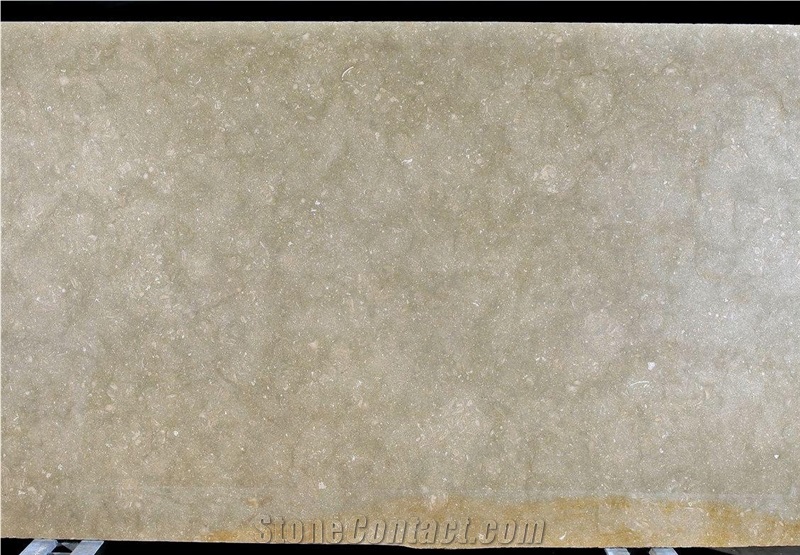
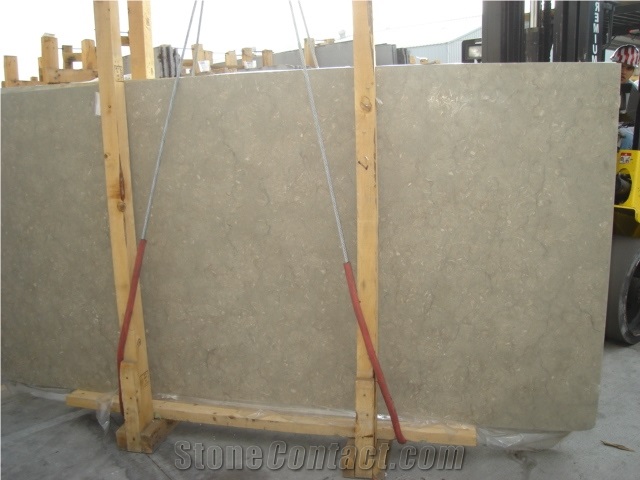
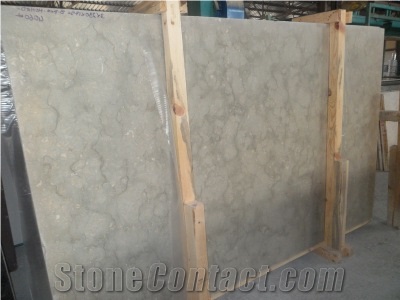
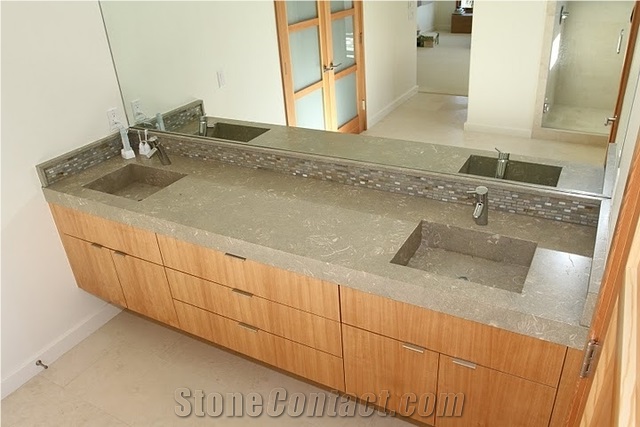
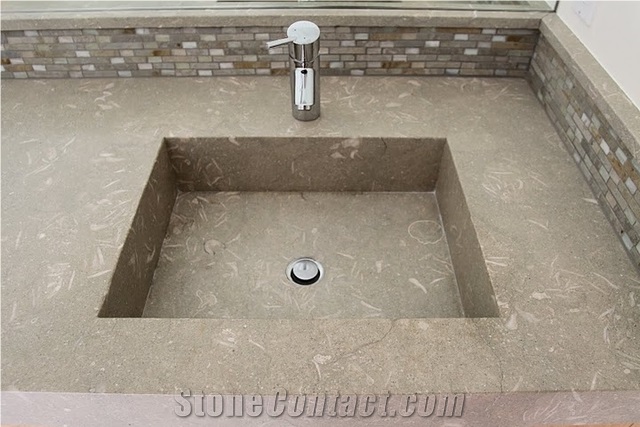
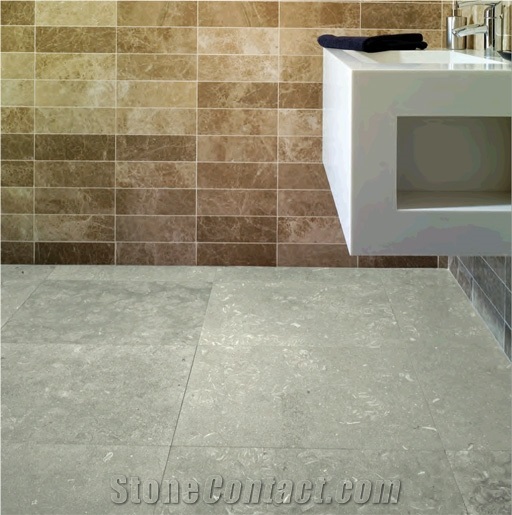
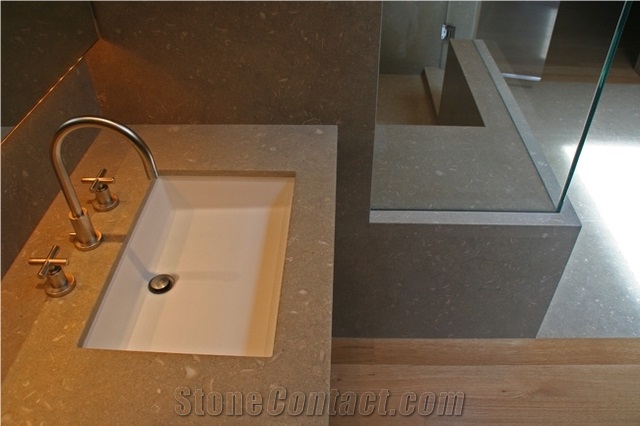
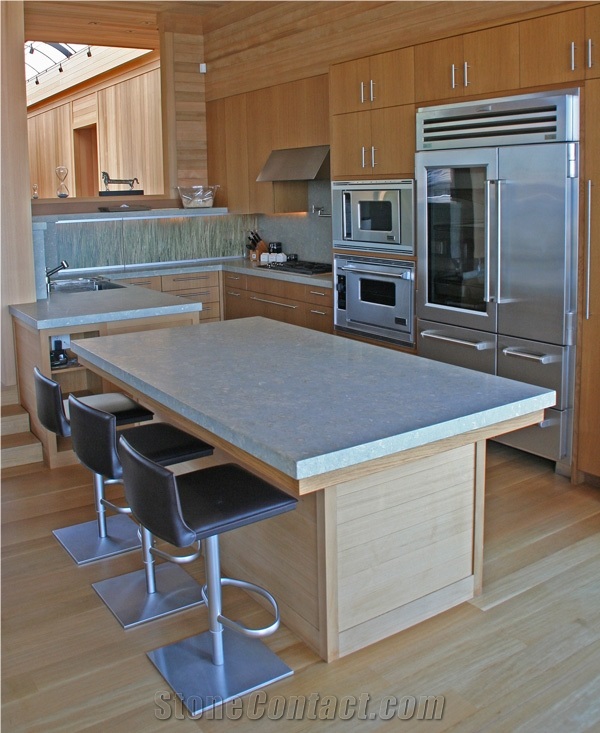
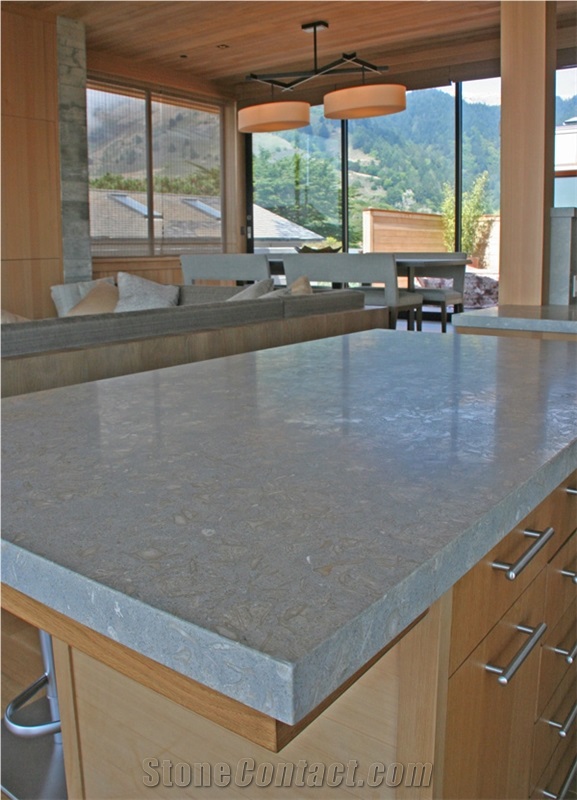
 United Kingdom
United Kingdom United States
United States